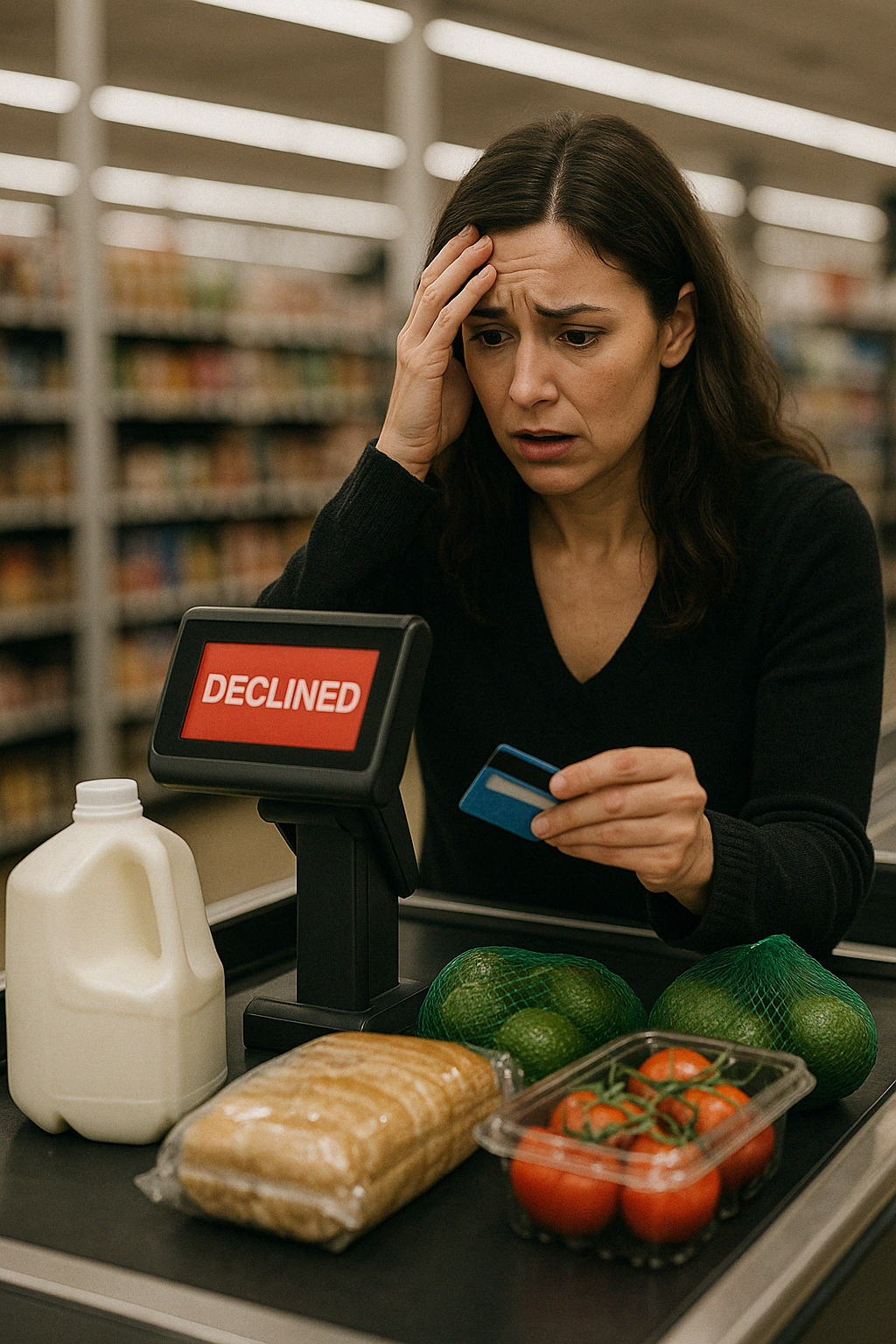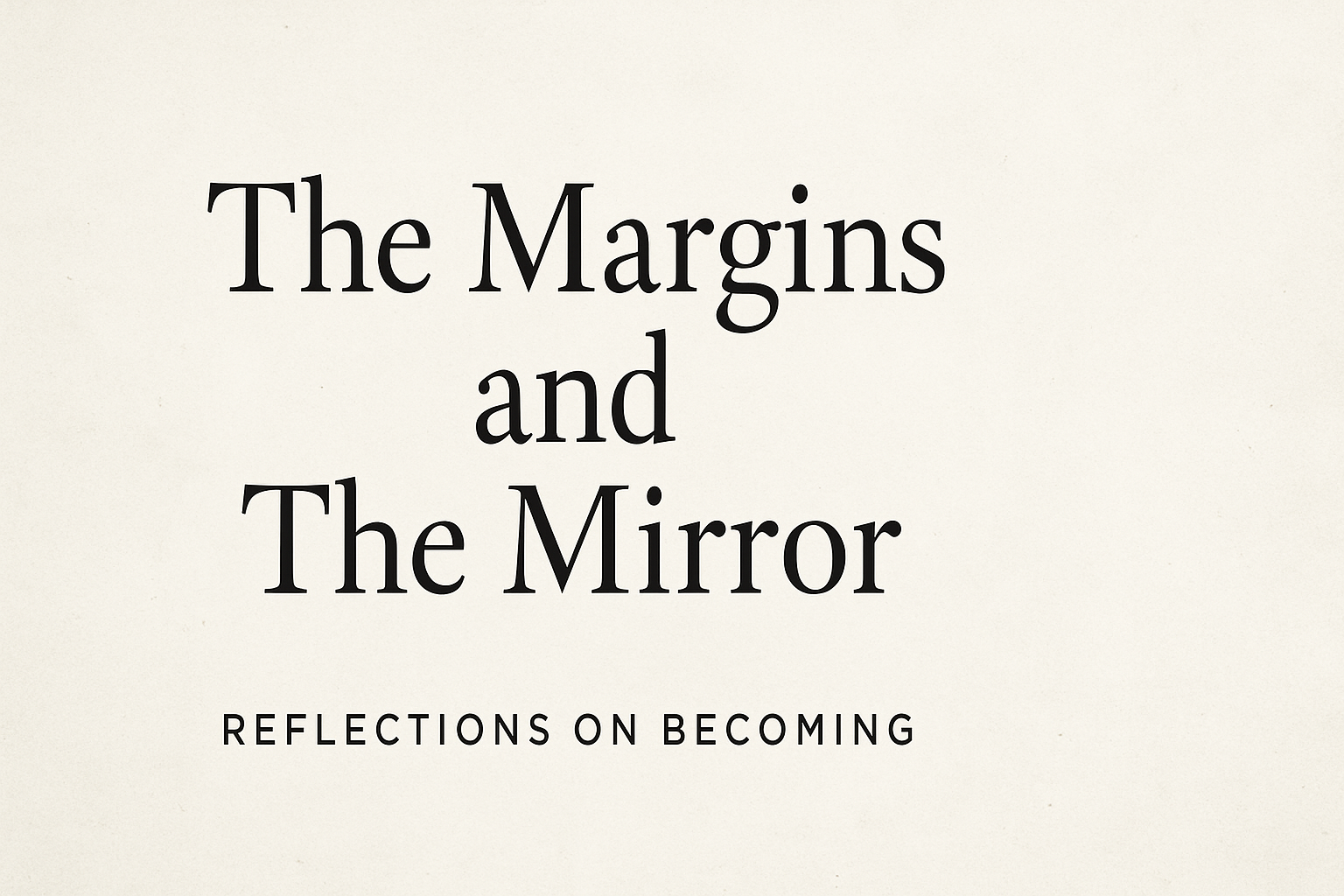The Price of Milk and the Cost of Indifference

When food becomes a weapon of policy, even privilege can’t insulate us from the consequences.
“Let food be thy medicine and medicine be thy food.”
— Hippocrates
I’ve never been particularly price-sensitive when it comes to food — not because I have endless resources, but because I was raised to believe that food is medicine.
My siblings and I were taught that what we put into our bodies could heal or harm. Food wasn’t just sustenance — it was responsibility. It was respect. It was a reflection of how much our parents loved us and wanted to equip us with the knowledge to safeguard our health.
Even during years of indulgence in young adulthood, I never let go of that truth. I invest in food — because it’s the one place I believe my investment really matters.
But even that intention couldn’t insulate me from what I felt last week.
When Avocados Become a Signal
On my regular Costco run, I noticed my cart — which usually totals $270 — had climbed to just under $400.
No splurges. No extras. Just basics.
A bag of avocados I’ve bought for $5.99 now cost nearly $12. That’s a 100% increase. Not random — intentional. A policy shift arriving, loud and quiet at once, in the produce aisle.
I don’t blame Costco. They’ve long buffered consumers from shocks. I blame the quiet violence of a tariff policy that hides its cruelty in economic language.
The President warned of “a little pain.” But when policy is crafted by those untouched by consequence, pain becomes theater.
Privilege and Pause
I hesitated to mention avocados. I know what they symbolize. I also know their rise in U.S. popularity has fueled cartel violence in Mexico.
So yes, I understand my ability to buy them reflects privilege. But here’s the point:
Even privilege isn’t immune.
If I feel the shift — with my access, awareness, and options — how much harder does it hit the people without?
One Cart. Two Realities.
That same week, I picked up a can of coffee for a friend. Her usual $6 bag had jumped to $9 overnight. She stood in the aisle, justifying it, recalculating the rest of her grocery bill.
That moment stuck.
Because she, like me, felt the shift.
But unlike me, that choice hit harder.
We the People. And the Price We Pay.
These aren’t isolated inconveniences. They’re systemic ruptures—echoes of decisions made by disconnected hands.
Food isn’t just food.
It’s Story.
It’s Families.
It’s Medicine.
It’s Survival.
When even that becomes unaffordable, we’ve strayed far from our founding promise to promote the general welfare.
🪴 Unseasoned Truth
Some things go down hard. But ignoring them has never made us stronger.
I skipped the $12 avocados. Not because I couldn’t afford them — but because I couldn’t stomach the meaning behind them.
Instead, I bought coffee for someone else.
That moment reminded me:
We can choose what to absorb.
We can choose to build a bridge.
Because kindness may be the most immediate and impactful thing We the People can offer each other right now.
— Robin
📬 This reflection is part of Unseasoned Truth —
a closing ritual from The Margins & The Mirror.
For more honest, unfiltered moments from the edges of policy, purpose, and becoming, subscribe here.

